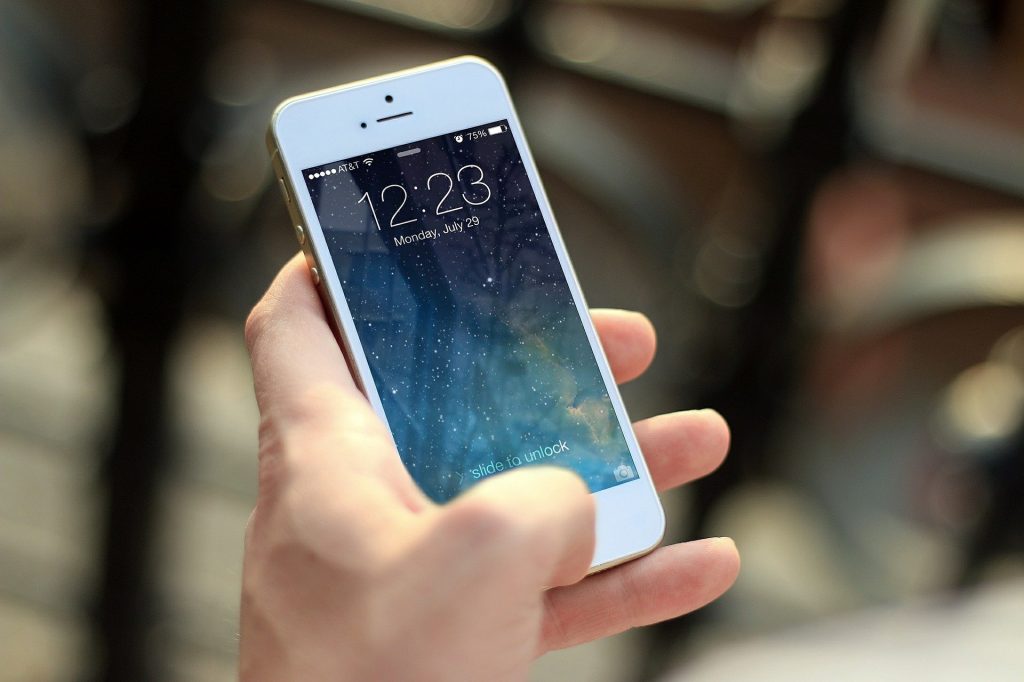THE UK’s mobile networks are to be forbidden from selling phones locked to their services from December 2021.
Regulator Ofcom said unlocking handsets could often be a complicated process, and this was discouraging owners from switching providers at the end of their contracts.
The networks have previously suggested that locking devices helps deter theft and fraud.
But the watchdog noted some companies had already abandoned the practice.
Among those companies affected are, BT and its EE mobile division, Vodafone and Tesco Mobile. O2, Sky, Three and Virgin already only sell unlocked handsets.
“[It] will save people time, money and effort – and help them unlock better deals,” said Ofcom’s connectivity director Selina Chadha.
It typically costs about £10 to get a smartphone unlocked to let it work on any network. However, according to a study by Ofcom, about half of all those who try to do so experience difficulties.
These can include facing a long wait to receive the code needed to trigger the process, as well as then finding that the code does not work.
The regulator added that some owners do not realise their devices are locked in the first place, causing them to suffer a loss of service when they try to switch.
The ban means the UK remains compliant with wider European rules, but Ofcom noted that it was already looking into the problem before the EU introduced the regulations in 2018.
The UK government has said it will adhere to the European Electronic Communications Code, despite planning to complete the Brexit transition period this year.
